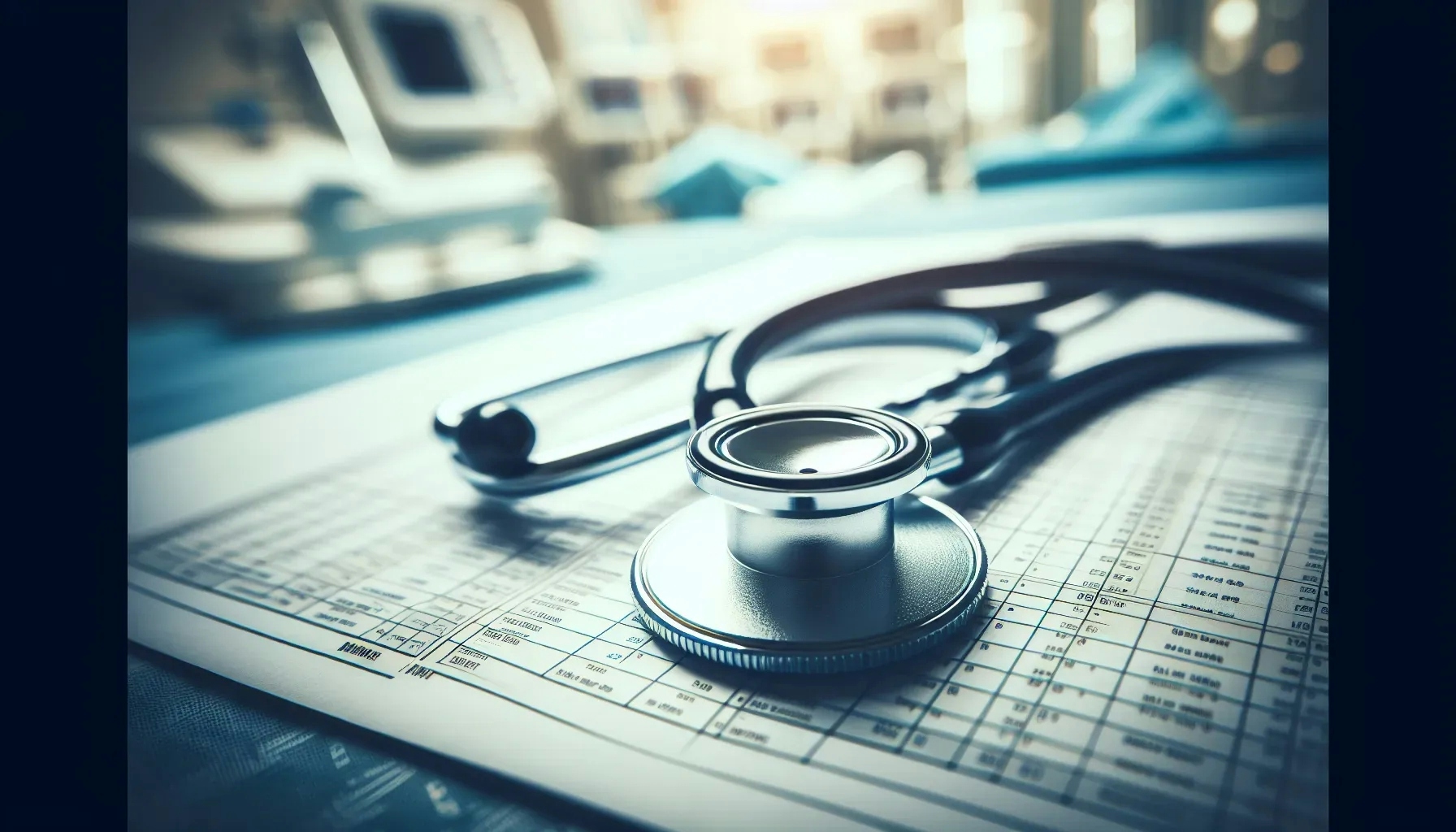What Technology is Indispensable in Modern Nursing Practice?
Nurse practitioners are at the forefront of integrating technology to enhance patient care, with one expert emphasizing the importance of ReMarkable Tablets. Alongside insights from seasoned professionals, we've gathered additional answers that delve into the technological advancements revolutionizing nursing practices. From the adoption of barcode medication scanning to advocating for smart bed technology, discover the indispensable tools that are shaping the future of nursing.
- Integrate ReMarkable Tablets
- Streamline Care with EHR
- Leverage Telehealth Services
- Incorporate Wearable Monitors
- Adopt Barcode Medication Scanning
- Embrace AI Diagnostic Tools
- Advocate for Smart Bed Technology
Integrate ReMarkable Tablets
As a nurse practitioner, I use technology every day to provide safe, high-quality service and better patient experiences. The latest tool I've integrated is the ReMarkable tablet. This tablet has enhanced my personal learning process and strengthened my capabilities to facilitate knowledge translation. With ReMarkable, I am better able to share resources and facilitate individualized learning with patients and families according to their needs.
Streamline Care with EHR
In my clinical experience, I have seen technology revolutionize the nursing field. If I have to pick one piece of technology that has become indispensable, it's Electronic Health Records (EHR). I feel that transitioning from traditional paper-based documentation to a sophisticated electronic system has streamlined patient care and significantly enhanced overall efficiency.
In my addiction medicine practice, EHR has improved the way we track a patient's progress and adjust treatment plans. It provides us with a comprehensive overview of each patient's journey and enables us to communicate seamlessly with a multidisciplinary team.
Key Improvements in Patient Care:
1. With EHR, we get real-time access to comprehensive patient records, including medical histories, medications, and treatment plans. It enables quick retrieval of critical information during consultations or emergencies. We can make well-informed decisions and provide more personalized patient care.
2. EHR has enabled us to have seamless communication with all healthcare providers, ensuring everyone involved in a patient's care is on the same page. We can easily come up with a cohesive and synchronized approach to patient management.
3. We have been able to minimize errors associated with traditional handwritten prescriptions because EHR systems include accurate and up-to-date medication lists.
4. I have seen patients engage more actively in their care with EHR platforms as they can easily access their health information and review lab results on patient portals.
In the future, I hope to see the potential integration of artificial intelligence and machine learning into EHR systems, further optimizing diagnostic accuracy and predictive analytics for patient treatment outcomes.

Leverage Telehealth Services
Telehealth platforms have revolutionized the way healthcare professionals interact with their patients, making it possible to provide medical care regardless of distance. These platforms facilitate remote consultations, allowing nurses to assess, diagnose, and sometimes treat patients who are not physically present. This technology is especially valuable in rural areas where access to healthcare facilities is limited.
The ability to monitor and support patients remotely reduces the strain on healthcare systems and improves patient outcomes. Consider leveraging telehealth services to enhance your healthcare experience.
Incorporate Wearable Monitors
Wearable monitors have become a critical component in contemporary nursing care by providing a seamless way to track patients' vitals around the clock. These devices alert nurses immediately if a patient's vital signs stray from the norm, enabling prompt intervention that could be life-saving. The continuous flow of data helps in creating an accurate and comprehensive picture of the patient's health over time.
By reducing the manual efforts of checking vitals, wearable technology allows nurses to focus more on direct patient care. Look into incorporating wearable monitors in healthcare routines for better patient management.
Adopt Barcode Medication Scanning
The integration of barcode scanning in medication administration introduces an unmatched level of precision and safety into nursing practice. By scanning both the patient’s identification and the medication barcode, nurses can substantially reduce the risk of errors. This system ensures that every patient receives the correct medication in the right dose at the appropriate time.
Barcode scanning has become so essential that it is hard to imagine the dispensing of medicine without it. Encourage healthcare facilities to adopt barcode technology to minimize medication errors.
Embrace AI Diagnostic Tools
AI-powered diagnostic tools have become an integral asset for nurses, assisting them in making evidence-based clinical decisions. These tools can analyze large volumes of data quickly to identify patterns that may not be immediately obvious to human practitioners. They support the diagnostic process by providing recommendations and alerts, which contribute to more accurate and timely diagnoses.
While these tools don't replace the expertise of nurses, they enhance their ability to care for patients effectively. Embrace the benefits of AI diagnostic tools to advance nursing practices.
Advocate for Smart Bed Technology
Smart beds exemplify the remarkable advancements technology has brought to patient care in nursing. These beds automatically adjust to ensure that patients are always in a comfortable position, which is essential for preventing bed sores and aiding in the recovery process. They also monitor the patient's movement, weight, and vital signs, providing nurses with real-time data that can influence care decisions.
Utilizing such adaptive equipment is vital for improving patient comfort and outcomes. Advocate for the implementation of smart beds to deliver optimum care in medical facilities.

